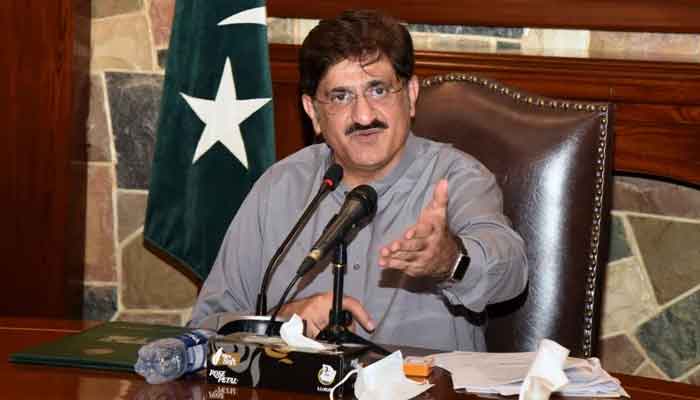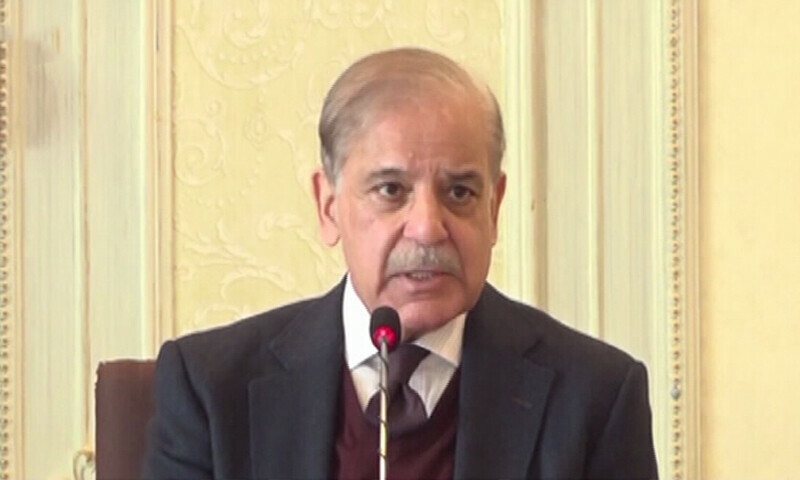TRADE & ECONOMY

The Sindh cabinet meeting witnessed intense discussions over the approval of the Agricultural Income Tax 2025, with strong opposition from most members. The proposed tax, reportedly being implemented at the federal government's behest under IMF conditions, sparked concerns about interference in provincial autonomy and the fairness of taxing the agricultural sector.
Cabinet Members Express Concerns
Sources revealed that several cabinet members opposed the tax, arguing that imposing it at the same level as industrial taxes would be unfair to farmers.
"The agricultural sector is not as regulated as the industrial sector. Imposing such taxes would be an excess," said a cabinet member. They further highlighted that farmers, unlike industrial workers, bear a direct financial burden when losses occur.
The cabinet members emphasized that while industrial workers receive fixed salaries regardless of profits or losses, farmers face unpredictable challenges.
Political Repercussions Highlighted
Cabinet members warned that approving the tax could lead to backlash from farmers in their constituencies.
"Our constituents will ask us tough questions. What answers will we have?" a member questioned.
They urged Chief Minister Sindh Murad Ali Shah to negotiate with the federal government before proceeding with the tax implementation.
Chief Minister’s Stand
Despite repeated opposition, CM Murad Ali Shah maintained that the tax approval was necessary for the national interest.
"I will discuss the matter with the Prime Minister, but imposing the agricultural tax is essential for the country," he said, emphasizing the federal government's push for the tax as part of IMF conditions.
Provincial Autonomy at Risk?
The cabinet members expressed concerns about federal interference in provincial matters, viewing it as a breach of provincial autonomy.
"The federal government's implementation of agricultural tax in provinces undermines our constitutional autonomy," one member asserted.
Future Course of Action
The Chief Minister promised to engage with the federal government on the issue, but the cabinet's apprehensions about the potential impact on farmers remain unresolved.




